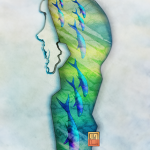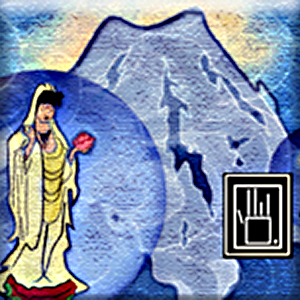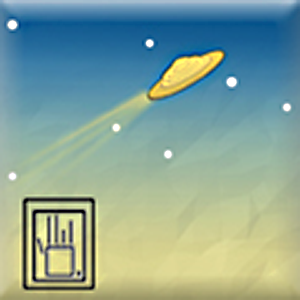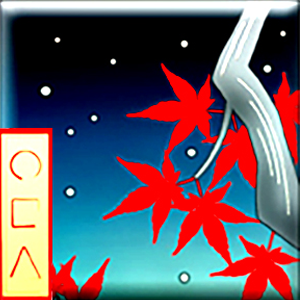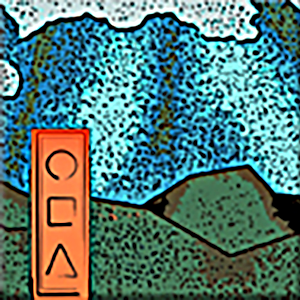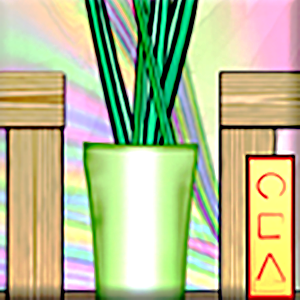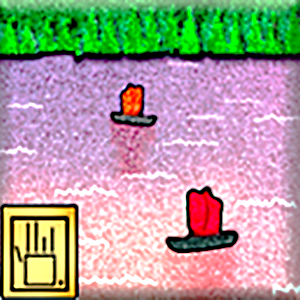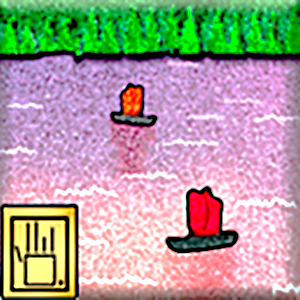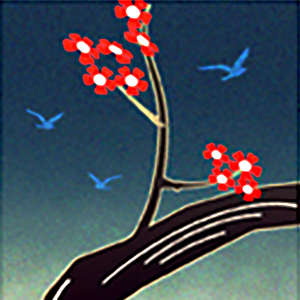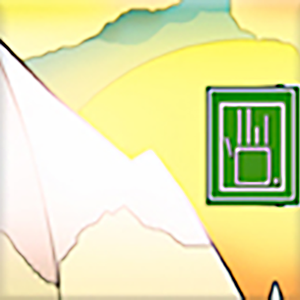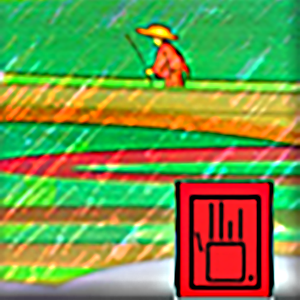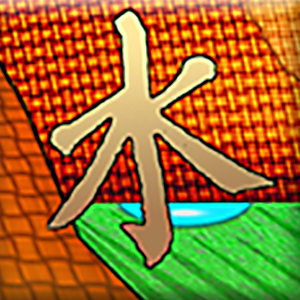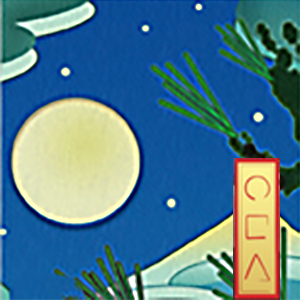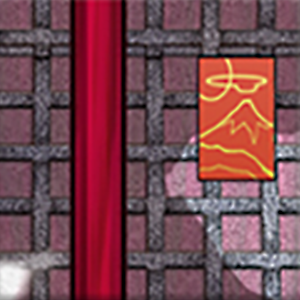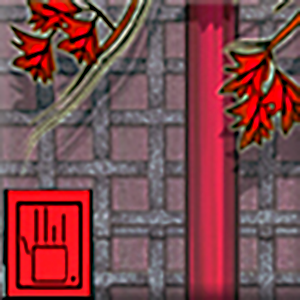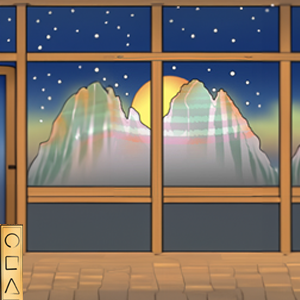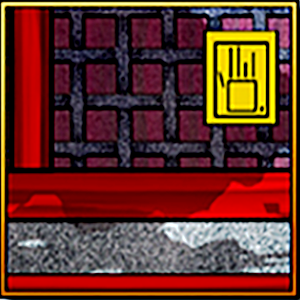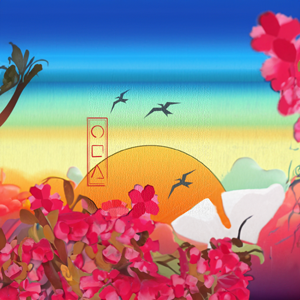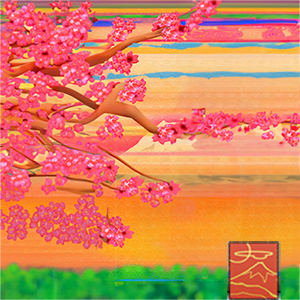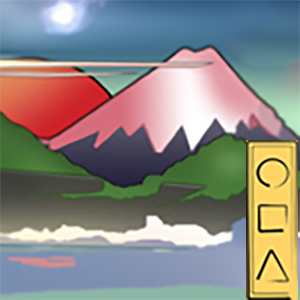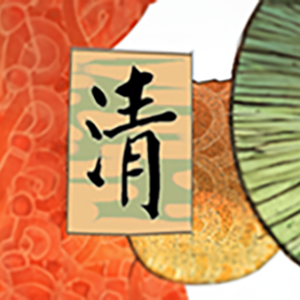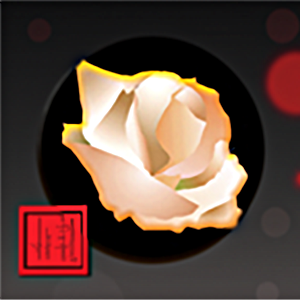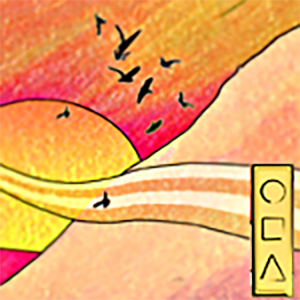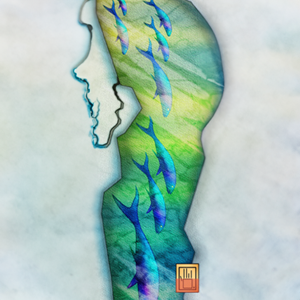Teisho Today Archives
Welcome to the Teisho Today archives where we present our most recent Daily Zen Journals as audio files for your enjoyment. Over time we aim to have the entire library of journals available in this format, however, this is a work in progress as the first journal was released in 1998, and this is now 2022!
Join us on this journey as Daily Zen evolves and grows into the present moment heading into our 25th year.
Since I Became Buddha – Part 2
Some people misunderstand the implications of this. They think, “What a wonderful law. We all live in paradise, and we’re all Buddha. So there’s nothing to do. We don’t have to study, or work, or make progress. We can do anything we want, can’t we?”
Read the Journal while listening

Since I became Buddha – Part 1
We tend to think that it has only been 2,500 years or so since the historical Buddha became enlightened, taught, and entered nirvana. So how could he have said at the time after his enlightenment that it had already been an incomprehensible period since he had been enlightened?
Read the Journal while listening
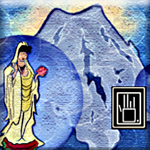
The Sermon of No Words
Whether we call what we do Zen practice or Buddhism or Humanism or any other ism, the higher vision of what we can be here is to walk our talk. This action-from-stillness way of life is what we live each day in our actions. Read while listening to the Journal
Read the Journal while listening
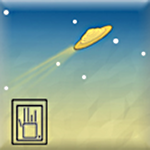
Mind of Enlightenment, Great Compassion, and Skillful Means
The path that all the buddhas teach is the same and is of a single universal taste. It is totally free from all differentiation like empty space and is the ground of all things like the great earth.
Read the Journal while listening
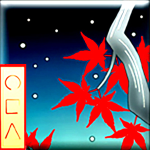
Hakuin’s Song of Meditation
In the original, the Song of Meditation is written in very easy language. Before Hakuin, Zen in Japan had not quite given up its Chinese flavor, but with him it became completely Japanese.
Read the Journal while listening

Silent Illumination – Part 1
The style of meditation called Silent Illumination is one of the greatest practices of the Chan (Zen) tradition. Originating around the eleventh century, its greatest advocate was Master Hongzhi Zhengjue of the Caodong sect.
Read the Journal while listening
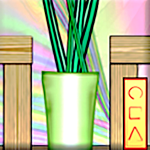
The Empty Bowl Sutra
Once when the Bhagavan was dwelling near Sravasti in the Anapindada Garden of the Jeta Forest and expounding the Dharma to the assembly, Manjushri Bodhisattva put on his robe at dawn, picked up his bowl, and proceeded slowly toward the city.
Read the Journal while listening
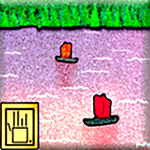
Cultivation and Worldly Activities
For farmers the growing of crops is kufu; for carpenters and plasterers the construction of buildings is kufu. Drawing on this secular meaning, the word came to indicate cultivation of the Buddhadharma for seekers of the Way.
Read the Journal while listening
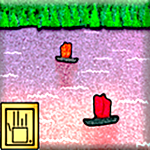
Wisdom and Ignorance
In the evening Rahula finished his meditation practice, went to the Buddha and asked, “O World-Honored One, how should one master mindful breathing, and what great benefit is there?”
Read the Journal while listening
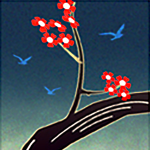
Return to Spring
If you’re willing to climb, to let go of each springtime as it arises and recedes below, you can enter into that alluring freshness of new grasses and radiant wildflowers again and again until you finally reach the glaciers, the frozen fields where yesterday’s snows and tomorrow’s will soon meet and blend
Read the Journal while listening
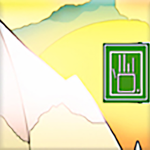
No Such Thing as Enlightenment
A monk who had come from Sendai in Oshu said, “Somewhere I seem to recall there being the expression, ‘The mind enslaved to physical form.’ I’m anxious to accord with original mind at all times, but how should I practice in order to do this? Please instruct me.”
Read the Journal while listening
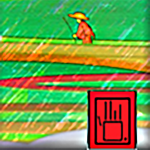
Admonitions
As long as you are subject to a life bound by force of habit, you are not free from the burden of the body. The physical being given you by your parents has come into existence through the interdependence of many conditions; while the basic elements thus sustain you, they are always at odds with one another.
Read the Journal while listening
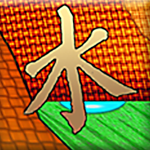
The Bright, Boundless Field
The field of boundless emptiness is what exists from the very beginning. You must purify, cure, grind down, or brush away all the tendencies you have fabricated into apparent habits.
Read the Journal while listening
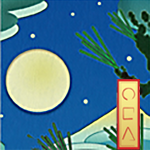
Zen and the Art of Tea
What is common to Zen and the art of tea is the constant attempt both make at simplification. The elimination of the unnecessary is achieved by Zen in its intuitive grasp of final reality; by the art of tea, in the way of living typified by serving tea in the tearoom. The art of tea is the aestheticism of primitive simplicity.
Read the Journal while listening
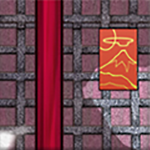
Bhaddekaratta Sutta
When we are masters of ourselves, we can grasp the situation as it is, and we’re in the best position to handle whatever may arise. When we dwell in mindfulness day and night, then we are truly practicing “the better way to live alone.”
Read the Journal while listening
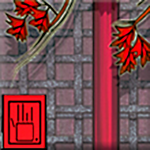
Cat and Mouse
If you have climbed a mountain, you know that sometimes it goes smoothly, while at other times it is difficult. Meditation is like that. Sometimes things go well, but other times you have negative physical and mental reactions.
Read the Journal while listening
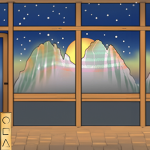
Understanding Impermanence
When I was young, it seemed forever between birthdays; now each year flies quickly by. I turn around and twenty years are gone! From the perspective of cosmic time, a life is shorter than the blink of an eye.
Read the Journal while listening
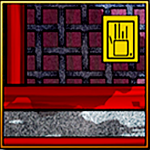
Sermon in Tavatimsa Heaven
The World-Honored One said to queen mother, “Queen mother, the reasons why people cannot free themselves from illusion are greed, anger, and ignorance. Because of these three poisons, they cannot even be reborn in the heavens. How much less when they attempt to leave the realm of birth and death!”
Read the Journal while listening

About This Mind
About this mind—in truth there is nothing really wrong with it. It is intrinsically pure. Within itself it’s already peaceful. If the mind is not peaceful these days, it’s because it follows moods. The real mind doesn’t have anything to it; it is simply an aspect of nature. It becomes peaceful or agitated because moods deceive it.
Read the Journal while listening

Questions of Bodhisattva Mahamati – Not a Word Uttered
The Bodhisattva Mahamati asked the Buddha to teach him the way of practice of the sages and those who follow the way of the One Vehicle.
Read the Journal while listening
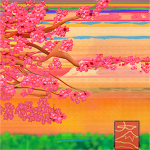
How to be a Householder Bodhisattva
This affair is a matter of people of sharp faculties and superior wisdom who do not consider it difficult to understand a thousand when hearing one. It requires a stand that is solid and true and faith that is thoroughgoing.
Read the Journal while listening
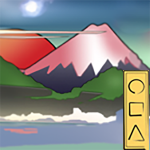
The Hoshin-ji Sermons
What I teach everyone in these talks of mine is the unborn Buddha-mind of illuminative wisdom, nothing else. Everyone is endowed with this Buddha-mind, only they don’t know it. My reason for coming and speaking to you like this is to make it known to you.
Read the Journal while listening
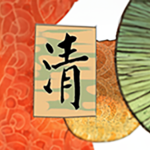
Shodoka – Song of Awakening
True reality is the essence and the original source, while divine powers are merits. We like the merits and dislike the essence. We love to receive a salary, we don’t love the work; we love the reward, we don’t love the effort.
Read the Journal while listening
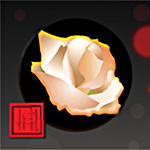
The Time Being
Even though you do not measure the hours of the day as long or short, far or near, you still call it twelve hours. Because the signs of time’s coming and going are obvious, people do not doubt it. Although they do not doubt it, they do not understand it.
Read the Journal while listening
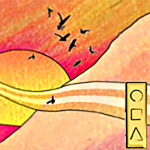
Wake-up Sermon – Part 3
When the mind reaches nirvana, you don’t see nirvana. Because the mind is nirvana. If you see nirvana somewhere outside the mind, you’re deluding yourself.
Read the Journal while listening
